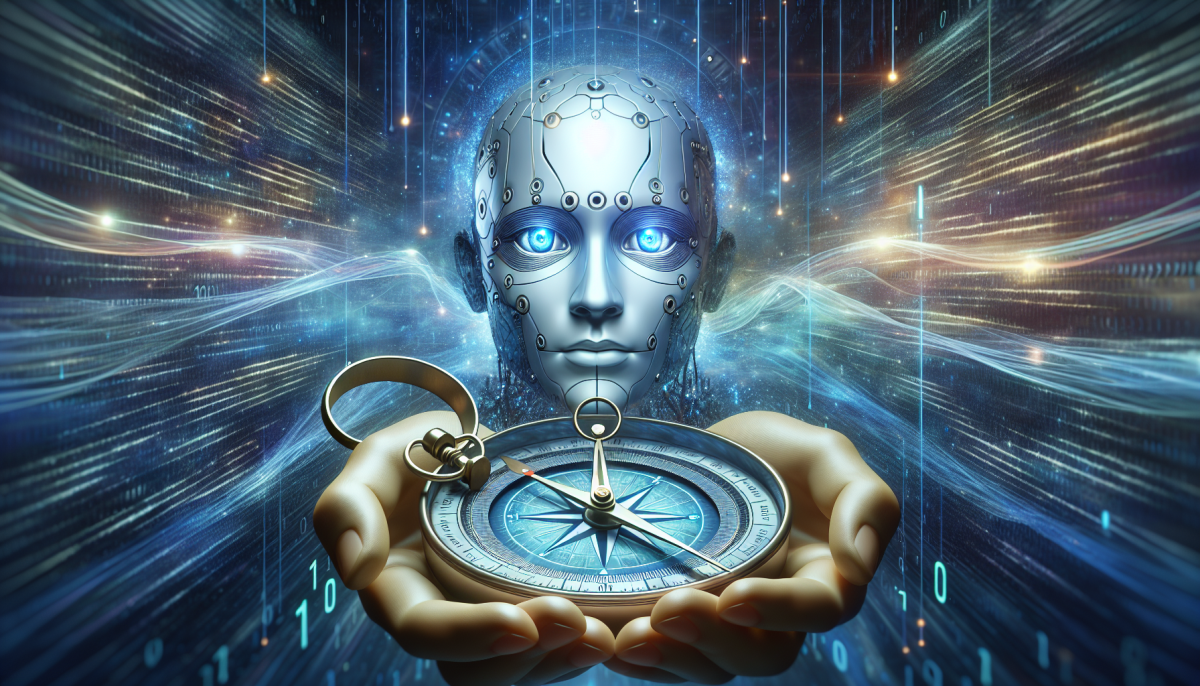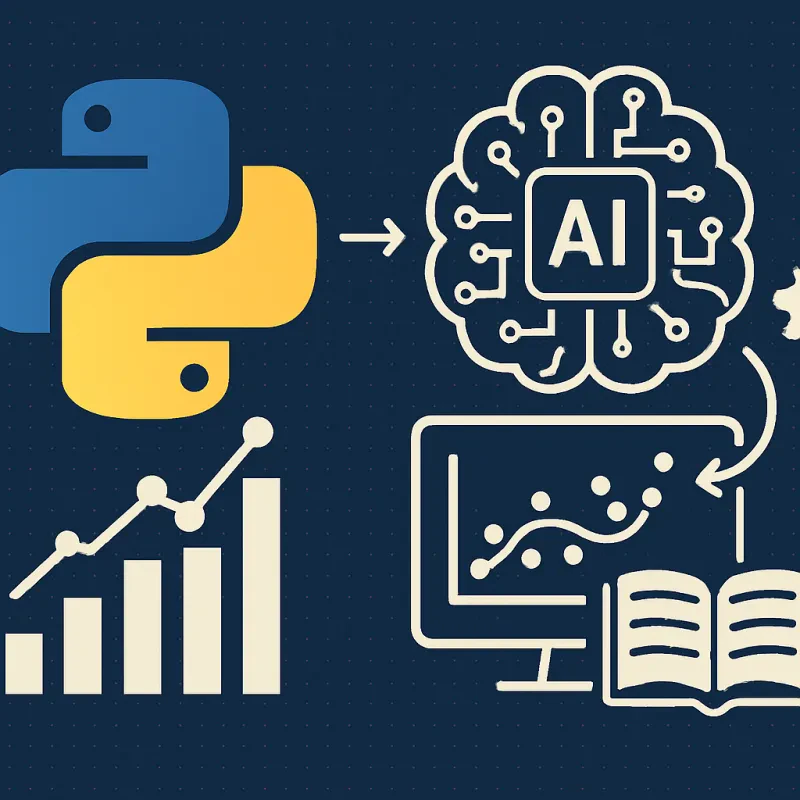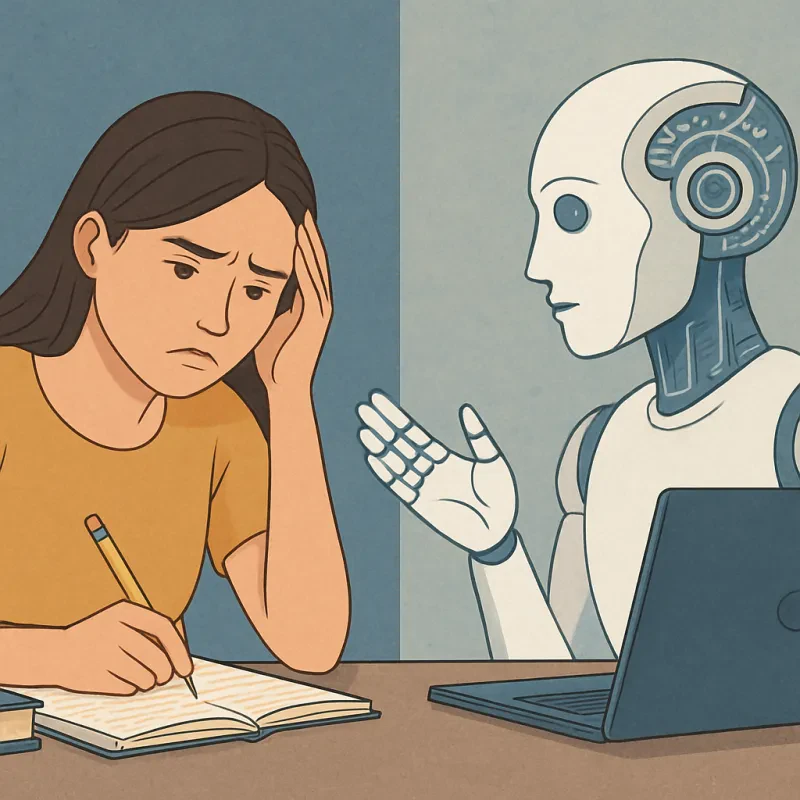AI ethics is all about figuring out how we should use artificial intelligence in ways that are fair and responsible. As AI technology gets smarter, we need to take a step back and think about the impact it has on people and society. It’s not just about making cool tech but also making sure it helps everyone without causing harm.
One major concern is bias in AI algorithms. Sometimes, AI systems can accidentally learn biases from the data they are trained on. This can lead to unfair outcomes, like job applications being evaluated differently based on race or gender. It's crucial for developers to spot these issues early and work hard to correct them.
Privacy is another big topic in AI ethics. With so much personal data being collected to train AI models, we have to ask: are we protecting people’s information? Finding a balance between using data for better AI and respecting individuals' privacy is key. Clear guidelines on data usage can make a huge difference.
Lastly, transparency plays a vital role in making AI ethical. People often want to know how decisions are made, especially when it affects their lives. When AI systems are transparent, users feel more comfortable trusting them. This openness encourages accountability and pushes developers to create systems that are not only efficient but also fair and understandable.
Real World Examples of Ethical Dilemmas
Imagine a self-driving car suddenly faced with an obstacle. The software must make a split-second decision: steer to avoid a pedestrian, risking the lives of the passengers, or hit the pedestrian to save them. This tough choice highlights a major ethical dilemma in AI. Who’s accountable for the car’s actions — the passengers, the pedestrian, or the car manufacturer?
Then there's AI in hiring. Companies are using AI to filter resumes and find the best candidates. But what happens if the AI overlooks qualified individuals due to biases in its programming? This bias can lead to unfair hiring practices, pushing qualified candidates to the sidelines simply because of data the AI was trained on. How do companies ensure their AI systems are fair and just?
Healthcare is another area packed with ethical dilemmas. AI can analyze patient data to suggest treatments or predict outcomes. But what if the AI misses a critical detail? Mistakes could directly impact patients' health and wellbeing. It's crucial to think about how much trust we can place in these systems, as well as how we keep patients safe.
Lastly, consider AI in surveillance. Police departments use AI to analyze video footage and identify suspects. It raises serious questions: Is this an invasion of privacy? How can we protect citizens while ensuring public safety? Striking a balance is tough when AI starts making decisions that affect everyday lives.
Balancing Innovation and Responsibility
When we talk about AI, it’s easy to get excited about all the cool stuff it can do. But there’s a flip side that we can’t ignore—responsibility. Balancing innovation with ethics is like walking a tightrope. On one hand, we want to explore new technologies that make life easier, smarter, and more efficient. On the other hand, we need to consider how these innovations might affect society.
Everyone should be on the same page about what’s acceptable when it comes to using AI. Companies should be transparent about how they collect and use data, and they need to ensure that their AI systems don’t perpetuate biases. It’s not just about following the rules—it’s about creating tech that truly benefits everyone.
Accountability is a big piece of the puzzle. If something goes wrong with an AI system, who’s responsible? That question needs a clear answer. Whether it’s a glitch in facial recognition software or an algorithm that suggests harmful content, companies must be ready to own their mistakes and fix them quickly.
Public engagement is vital too. The more we involve people in discussions about AI and ethics, the better our solutions will be. We need a diverse range of voices to weigh in, so the tech we build is strong and supportive. It’s about creating a future where innovation and responsibility go hand in hand, benefiting humanity while pushing the boundaries of what’s possible.
Practical Tips for Ethical AI Use
Using AI ethically isn’t just about following a set of rules; it’s about making smart, thoughtful choices. Here are some practical tips to keep in mind:
By keeping these tips in mind, you can navigate the tricky waters of AI ethics with confidence while making choices that benefit society as a whole.



